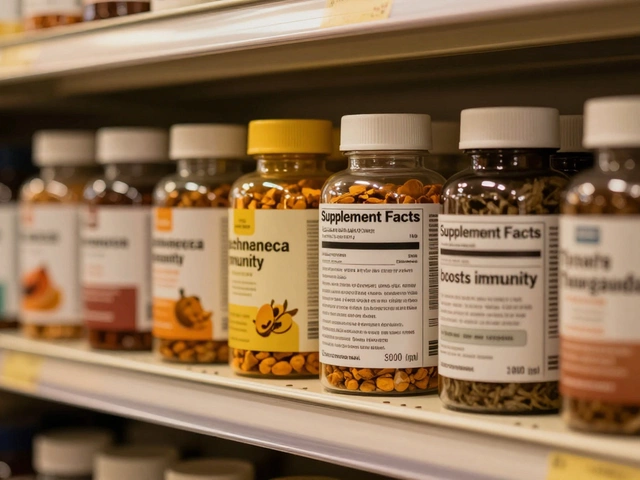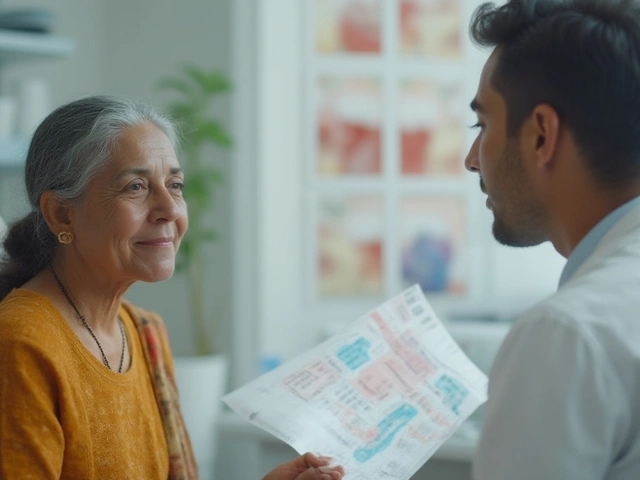Legitimate Pharmacies: Spotting the Real Deal Online and Offline
Whether you’re picking up a prescription from a corner shop or ordering meds from a website, the biggest question is the same – is this pharmacy trustworthy? A fake pharmacy can deliver the wrong drug, wrong dosage, or nothing at all, putting your health at risk. Below you’ll find the step‑by‑step checklist that lets you shop with confidence, no matter where the pharmacy is located.
Check the License and Certification
First thing on the list: look for a valid license. In India, a legitimate pharmacy displays the Pharmacy Council of India (PCI) registration number on its storefront or website footer. For online stores, the license should be easy to find on an “About Us” or “Legal” page. If the number is missing or looks tampered with, walk away. A quick Google search of the registration number will show you if the pharmacy is listed in official directories.
Read Reviews and Look for Red Flags
Customer feedback is gold. Real buyers talk about delivery speed, packaging, and whether the medication matched the prescription. Beware of sites that have only five‑star reviews or use generic stock photos – that’s a classic warning sign. Look for reviews on independent platforms like Google, Trustpilot, or health forums. If many users mention delayed shipments, broken seals, or unexpected extra pills, it’s safer to choose another provider.
Price can be tempting, but too‑good‑to‑be‑true offers often hide counterfeit drugs. Compare the cost with at least two other reputable pharmacies. If one shop sells a 10‑day pack of a brand‑name drug for half the market price, double‑check the batch number and manufacturer details when it arrives.
Secure payment methods are a must. Legitimate pharmacies use HTTPS encryption, display a padlock icon, and accept trusted payment gateways like Razorpay or PayPal. Avoid sites that ask for direct bank transfers, crypto, or cash on delivery for prescription drugs – those are common scams.
Ask your doctor or pharmacist for a recommendation. Health professionals stay updated on which online stores they trust and can point you to a pharmacy that follows the same quality standards as a brick‑and‑mortar shop. A quick call to your doctor's clinic can save you hours of hassle later.
When the medication arrives, inspect the packaging. Authentic drugs have clear labeling, batch numbers, expiry dates, and tamper‑evident seals. If anything looks off – blurry printing, missing batch info, or a broken seal – contact the seller immediately and report the incident to the Drug Controller General of India (DCGI).
Finally, keep a record of every purchase. Save invoices, email confirmations, and batch numbers. This documentation helps you return faulty products, claim insurance, or file a complaint if the pharmacy turns out to be fake.
By following these simple steps – checking licenses, reading real reviews, comparing prices, using secure payments, and verifying the product on arrival – you can confidently differentiate legitimate pharmacies from the rest. Your health is too valuable to gamble on shortcuts, so take a few minutes now to do the due diligence. Happy, safe shopping!





